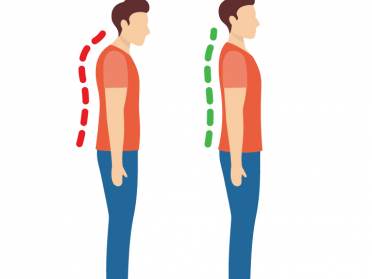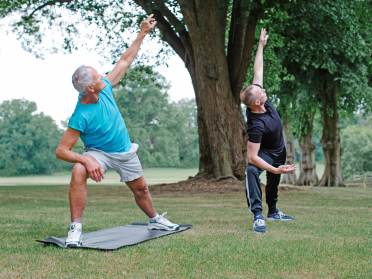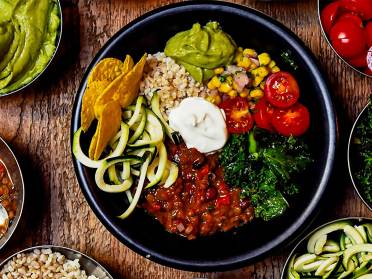
As we age, the body changes and it may become harder to absorb key nutrients or get all our needed nutrition from our usual diets. The British Nutrition Foundation and eatright.org outline a few key recommendations for enhanced nutrition requirements with advanced age.
Always consult your GP before making substantial changes to your diet and keep track of your caloric intake.
Omega-3 Fatty Acids
It’s very important for older people to eat two portions of fish weekly and that one potion is an oily fish. Packed with Omega-3, oily fish can protect against heart disease and help those who have suffered a heart attack.
Fish like tuna, salmon, sardines, herring and mackerel are good for keeping your brain functioning properly and improving your immune system, as well as helping those with rheumatoid arthritis or reduced joint mobility.
B Vitamins
It’s key to eat a varied diet of fruits and veggies but as we age one may want to consider fortified foods as it becomes harder with age to absorb key vitamins including B12. Look for cereals and bread with added iron, calcium or B vitamins to supplement your diet.
Also, try to prepare all vegetables in a way that retains as much of the natural vitamin content as possible like steaming. Think of citrus, dark greens, whole grains and red meat.
Vitamin D
Since we tend to go out less as we age, there is less opportunity to synthesize vitamin D from the sun. So, it’s a good idea to seek out fortified breakfast cereals with an added dose of this key vitamin.
Some low-cholesterol spread may also contain extra vitamin D and it’s also possible to take supplements, but talk to your GP before starting any new regime.
Potassium & Low Sodium
Seek out foods that are low in salt and supplement your diet with potassium-rich foods like bananas, spinach, broccoli and sweet potatoes to reduce your risk of high blood pressure; a common ailment with age. Many manufacturers label items with reduced salt labels that can help you choose.
Fiber & Gut Health
Eat a diet rich in fibre and whole grains to keep regular and look after your gut biome with low-fat probiotic yoghurts. Diets high in fibre can also help reduce the risk of Type 2 diabetes and heart disease.
Check the labels for foods with enhanced fibre content.
Calcium-Rich
Keep your bones healthy with three servings of low or fat-free dairy each day. Some products are even fortified for extra calcium.
Bone density can deteriorate with age, so it’s important to maintain calcium levels throughout your life.
If your sense of taste has diminished, try experimenting with different herbs and spices to entice your palate. Introducing new flavour profiles can help keep foods exciting and new, and using spices instead of salt can also help with maintaining a low-sodium diet.
Look to traditional food preparations in foreign countries to learn how to use spices like turmeric, cumin and star anise which can add an exciting dimension to your dishes.


































